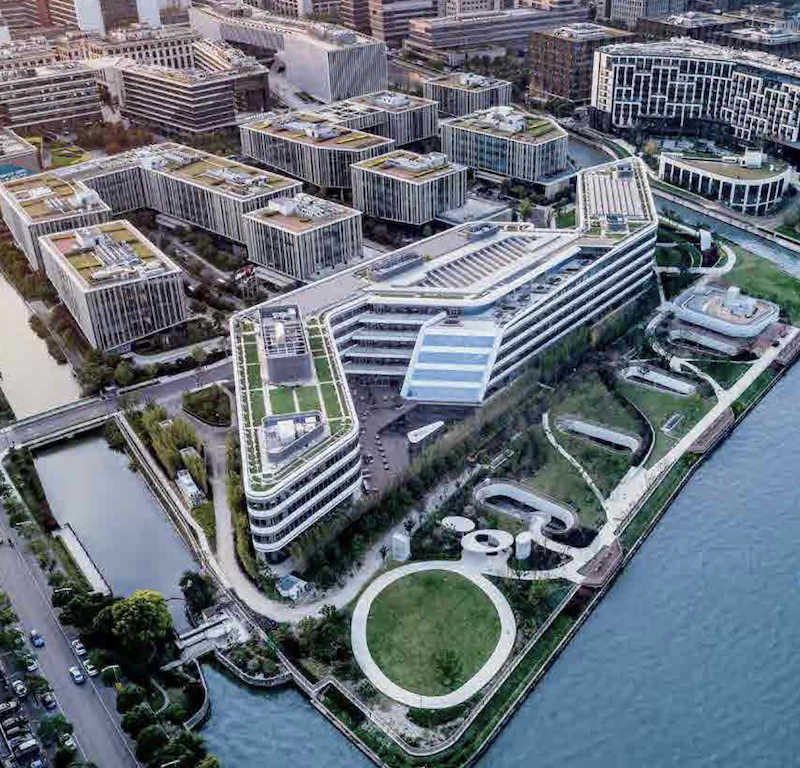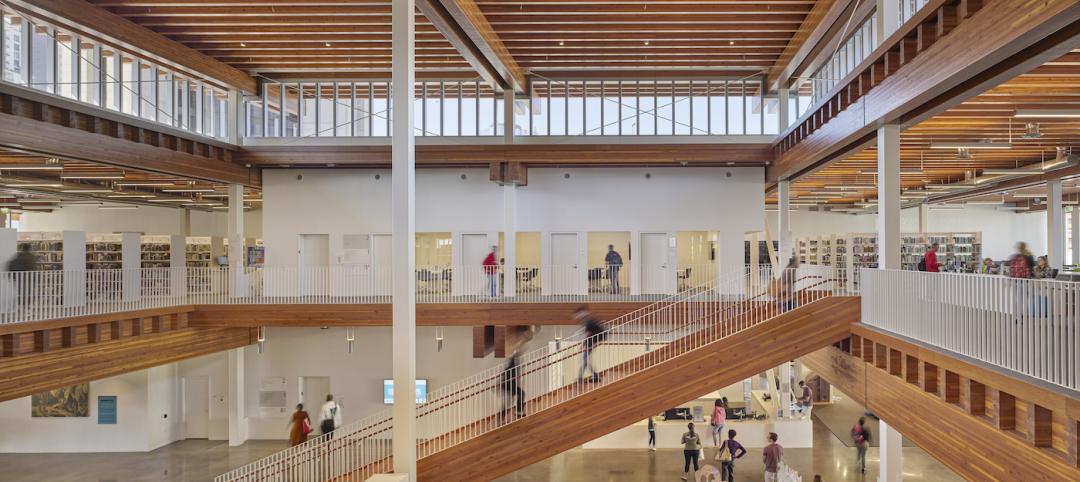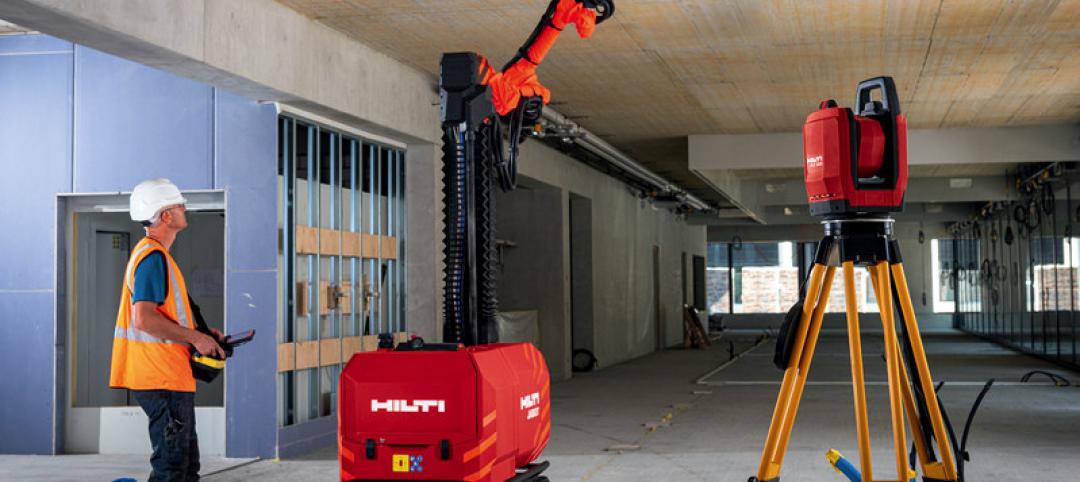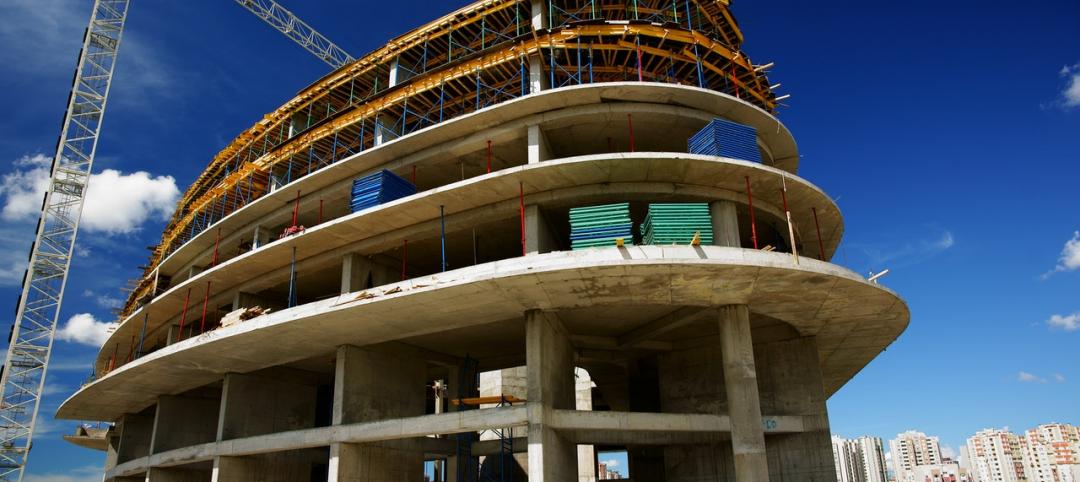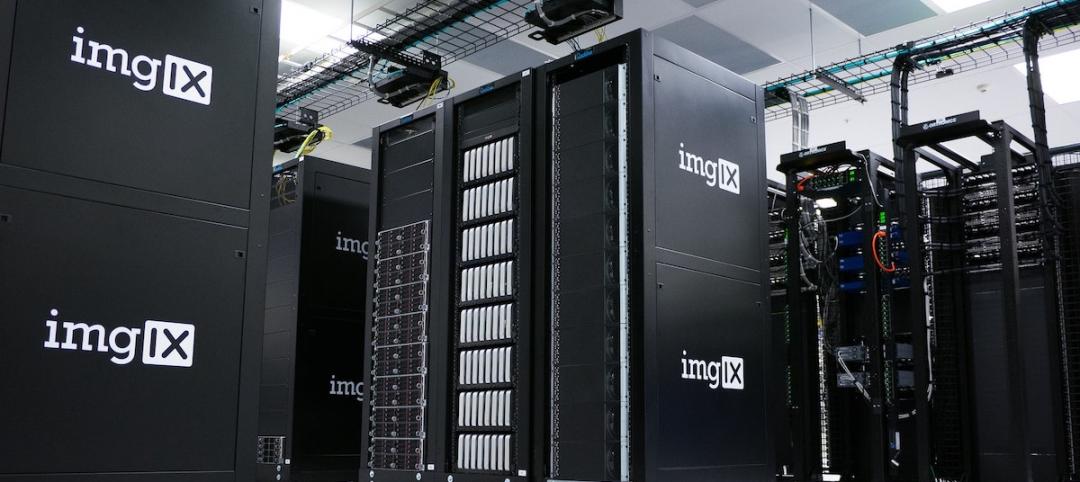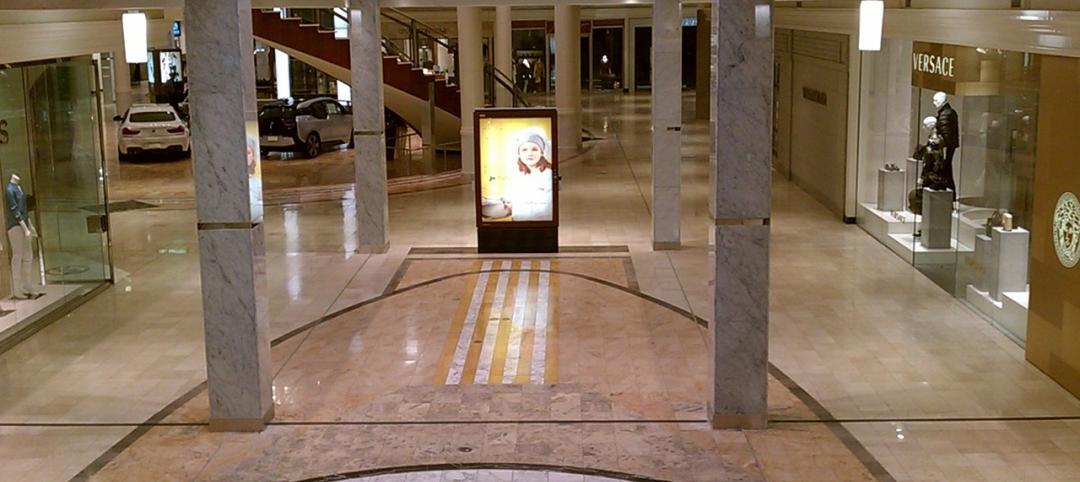Design that “puts people back at the center” is now the driving force behind resilient, livable cities, according to Gensler’s just-released 2018 Design Forecast, “Shaping the Future of Cities.”
The 61-page report, which can be downloaded from here, is a collection of more than 200 trends that are defining design across the globe. The report is organized into three sections—Work, Lifestyle, and Cities—and is framed by five forces that Gensler sees as having the greatest impact on businesses, cities, and human experiences: demographic shifts, technology driven disruption, rapid urbanization, climate change, and worldwide volatility.
Throughout the report, Gensler draws upon its own research and portfolio of projects to illustrate trends across myriad typologies. Each of the report’s chapters provides statistical tidbits from a variety of sources that call out trends and dynamics that AEC firms and their clients can’t ignore.
Some examples:
•From 2017 to 2027, it’s predicted that the U.S. will face a shortage of 8.2 million laborers—the most significant deficit in the past 50 years. “To succeed, organizations must put people first: investing in the individual, diversifying work spaces, and reinforcing a shared culture and mission,” states Gensler.
•“By 2020, 31 billion devices and 4.8 billion people will be connected to the Internet,” according to the research firm Gartner.
•Global coworking spaces will grow from 14,411 in 2017 to over 30,000 in 2022. The number of worldwide coworking members will nearly triple to over five million.
•Forbes estimated last year that there could be 10 million self-driving cars on the road by 2020. The Gensler Research Institute predicts autonomous vehicles will completely change cities. “Building form will change radically as design is dictated less—or not at all—by parking requirements, which will decrease dramatically.”
•Credit Suisse predicts that as online sales march toward 35% of all retail sales by 2030 (from 17% today), between one fifth to one quarter of American malls could close by as early as 2022.
Time and again, Gensler’s forecast returns to its primary thesis: that regardless of technological advances or political and economic uncertainties, design must factor in human needs and social interactions to be effective. For instance, Gensler foresees the next generation of office building as drawing employees back into the office. “Mobility will remain an important part of work, but the value of face-to-face remains undisputed,” the report states. “On-site spaces that support a variety of work modes—including social—create dynamic developments and yield longer-term tenants.”
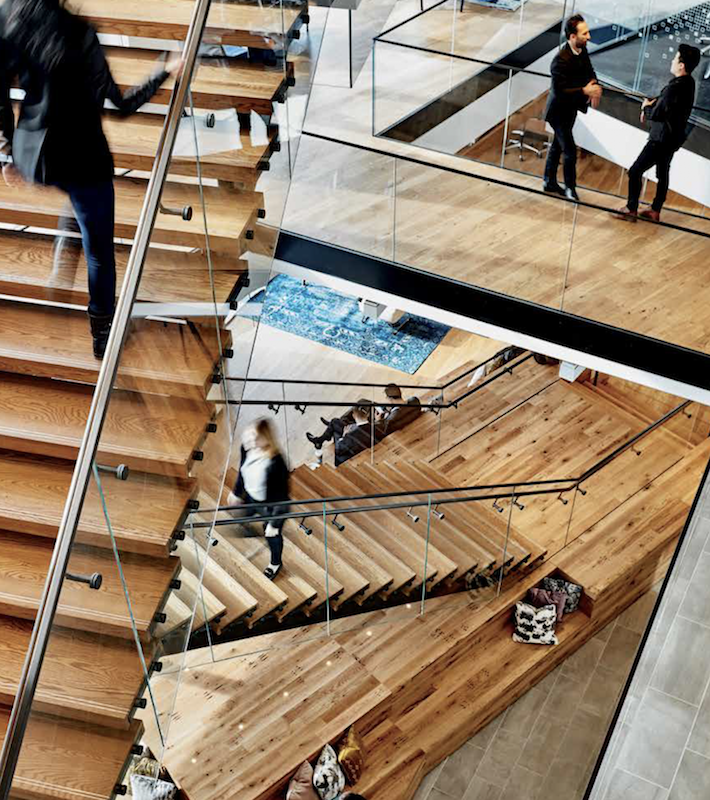
The Boston Consulting Group's office in New York City features staircases that facilitate floor-to-floor interaction and employee movement. Image: Gensler
That prediction dovetails with Gensler’s expectation that multipurpose buildings “are the future,” and that smart buildings “are critical to the workplace experience.” But as data multiply exponentially, “companies will need to expand their capabilities to harness and interpret their internal workplace data.”
Lifestyle design is now reckoning with trends that are making single-use spaces obsolete. Frictionless, seamless design is becoming ubiquitous, with convenience being a differentiator, as consumers take more control of their experiences in ways that shape, and reshape, brand identities.
Gensler sees “smart cities” in terms of their adaptability and resilience. As engines of innovation, cities “are nurturing a new mix” of businesses and people. Their leaders are in the vanguard of climate action “because they depend on it” for survival and growth. And wellness is the new measure of livability. “Health has become a major factor in urban and community planning, as research and public awareness about the link between them grows,” the report states.
Related Stories
Government Buildings | Nov 13, 2020
Tax shortfalls nip government projects in the bud
Federal contracts are proceeding, but states and cities are delaying, deferring, and looking for private investment.
AEC Tech | Nov 12, 2020
The Weekly show: Nvidia's Omniverse, AI for construction scheduling, COVID-19 signage
BD+C editors speak with experts from ALICE Technologies, Build Group, Hastings Architecture, Nvidia, and Woods Bagot on the November 12 episode of "The Weekly." The episode is available for viewing on demand.
Museums | Nov 5, 2020
The Weekly show: Designing cannabis facilities, Bob Borson's Life of an Architect, museum design
BD+C editors speak with experts from Cooper Robertson, Life of an Architect, and MJ12 Design Studio on the November 5 episode of "The Weekly." The episode is available for viewing on demand.
Multifamily Housing | Oct 30, 2020
The Weekly show: Multifamily security tips, the state of construction industry research, and AGC's market update
BD+C editors speak with experts from AGC, Charles Pankow Foundation, and Silva Consultants on the October 29 episode of "The Weekly." The episode is available for viewing on demand.
AEC Tech | Oct 28, 2020
Meet Jaibot, Hilti's new construction robot
The semi-autonomous robot is designed to assist MEP contractors with ceiling-drilling applications.
Hotel Facilities | Oct 27, 2020
Hotel construction pipeline dips 7% in Q3 2020
Hospitality developers continue to closely monitor the impact the coronavirus will have on travel demand, according to Lodging Econometrics.
Data Centers | Oct 26, 2020
Speed to market is biggest obstacle for burgeoning data center construction sector
Hyperscale and edge computing are driving growth in data center and mission critical facilities construction.
Adaptive Reuse | Oct 26, 2020
Mall property redevelopments could result in dramatic property value drops
Retail conversions to fulfillment centers, apartments, schools, or medical offices could cut values 60% to 90%.
Architects | Oct 14, 2020
The Weekly Show: AI for building facade inspections; designing a world-class architecture firm
The October 15 episode of BD+C's "The Weekly" is available for viewing on demand.
Coronavirus | Oct 8, 2020
The Weekly show: Statue of Liberty Museum, emotional learning in K-12, LA's climate change vulnerability
The October 8 episode of BD+C's "The Weekly" is available for viewing on demand.


